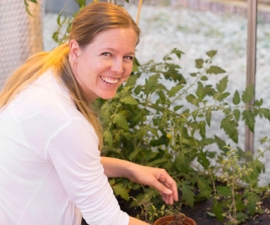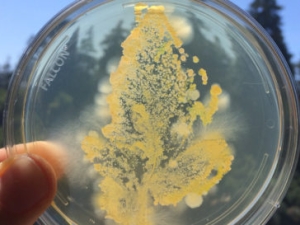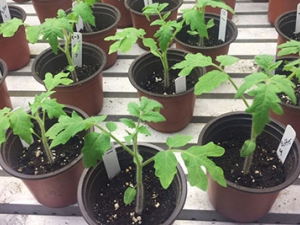

Research Expertise and Interest
Bacteriophage, Microbiome, plant-pathogen interactions, disease ecology
Research Description
Britt Koskella is an evolutionary ecologist interested in the role that species interactions play in shaping the vast genotypic and phenotypic diversity found in nature. Using theory from coevolution, Disease Ecology, and infection genetics, she directly test the underlying assumptions and predicted outcomes of host-pathogen and microbial interactions through the lens of complex environmental change and the importance of agricultural sustainability.
Her research program seeks to unravel the dynamic ecological and evolutionary relationships between hosts, symbionts and their pathogens using both in vitro and in vivo approaches. There are three interdependent questions she is addressing in her current research program: (i) How does transmission mode of microbiota influence the host-microbiome interaction? (ii) How do bacteriophage viruses of bacteria shape the microbiome? and (iii) What general principles govern microbiome-mediated protection against pathogens?



